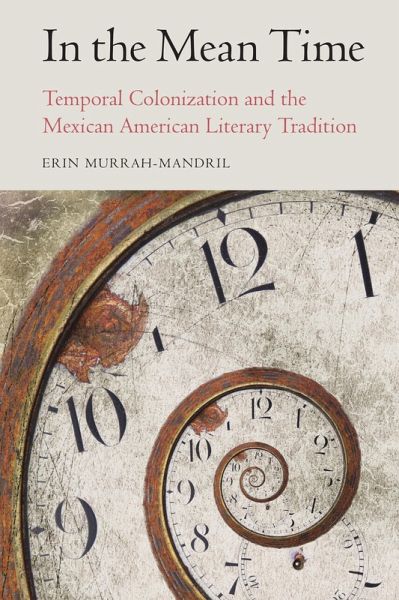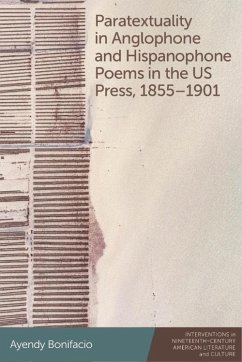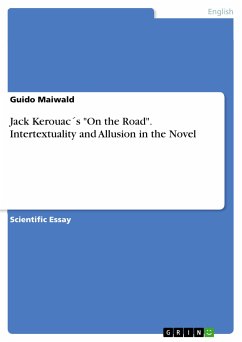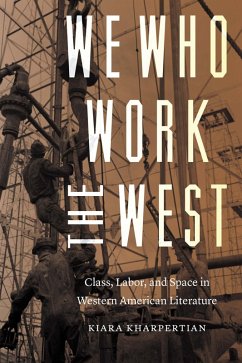
In the Mean Time (eBook, PDF)
Temporal Colonization and the Mexican American Literary Tradition

PAYBACK Punkte
11 °P sammeln!
2020 Choice Outstanding Academic Title The 1848 Treaty of Guadalupe Hidalgo, which transferred more than a third of Mexico's territory to the United States, deferred full U.S. citizenship for Mexican Americans but promised, "in the mean time," to protect their property and liberty. Erin Murrah-Mandril demonstrates that the U.S. government deployed a colonization of time in the Southwest to insure political and economic underdevelopment in the region and to justify excluding Mexican Americans from narratives of U.S. progress. With In the Mean Time, Murrah-Mandril contends that Mexican American ...
2020 Choice Outstanding Academic Title The 1848 Treaty of Guadalupe Hidalgo, which transferred more than a third of Mexico's territory to the United States, deferred full U.S. citizenship for Mexican Americans but promised, "in the mean time," to protect their property and liberty. Erin Murrah-Mandril demonstrates that the U.S. government deployed a colonization of time in the Southwest to insure political and economic underdevelopment in the region and to justify excluding Mexican Americans from narratives of U.S. progress. With In the Mean Time, Murrah-Mandril contends that Mexican American authors challenged modern conceptions of empty, homogeneous, linear, and progressive time to contest U.S. colonization. Taking a cue from Latina/o and borderlands spatial theories, Murrah-Mandril argues that time, like space, is a socially constructed, ideologically charged medium of power in the Southwest. In the Mean Time draws on literature, autobiography, political documents, and historical narratives composed between 1870 and 1940 to examine the way U.S. colonization altered time in the borderlands. Rather than reinforce the colonial time structure, early Mexican American authors exploited the internal contradictions of Manifest Destiny and U.S. progress to resist domination and situate themselves within the shifting political, economic, and historical present. Read as decolonial narratives, the Mexican American cultural productions examined in this book also offer a new way of understanding Latina/o literary history.
Dieser Download kann aus rechtlichen Gründen nur mit Rechnungsadresse in A, B, BG, CY, CZ, D, DK, EW, E, FIN, F, GR, HR, H, IRL, I, LT, L, LR, M, NL, PL, P, R, S, SLO, SK ausgeliefert werden.













